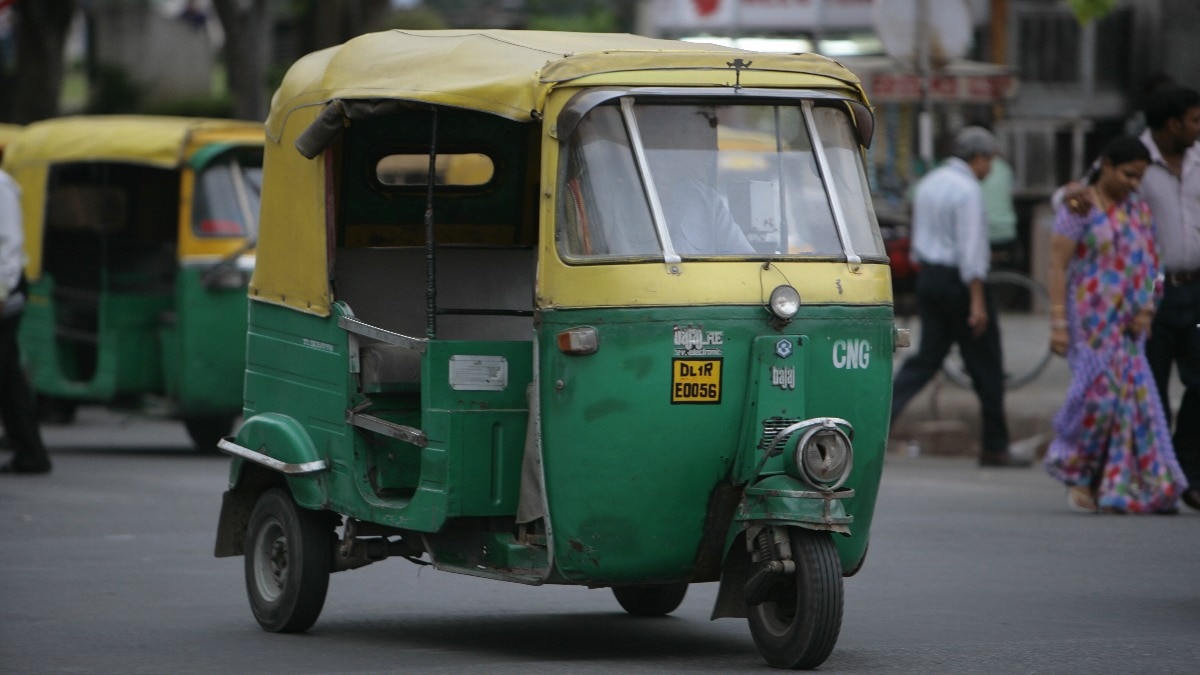The Delhi government is set to announce its Electric Vehicle (EV) Policy 2.0, aimed at reducing air pollution by phasing out CNG autorickshaws and transitioning to electric alternatives. From August 15, no new registrations of CNG autorickshaws will be permitted, nor will existing permits be renewed. Instead, all CNG auto permits will be substituted or re-issued solely with e-auto permits.
This move is part of a broader strategy to replace fossil fuel-driven vehicles used for solid waste management and public transport buses operated by the Delhi Integrated Multi-Modal Transit System (DIMTS) and Delhi Transport Corporation (DTC) with electric models, officials said on Monday.
In addition to autorickshaws, the policy mandates the replacement of CNG autorickshaws older than 10 years with battery-operated ones during the policy period. Two-wheelers running on petrol, diesel, or CNG will face a similar ban from August 15, 2026. The policy also specifies that from August 15, 2025, there will be no new registrations allowed for diesel, petrol, or CNG three-wheelers used as goods carriers. These measures are part of an aggressive push to reduce reliance on fossil fuels and improve air quality in the capital, officials said.
The draft policy outlines significant changes for municipal waste management as well. All garbage collection vehicles owned by municipal bodies, including the Municipal Corporation of Delhi and New Delhi Municipal Council, must transition to electric vehicles by December 31, 2027.
Furthermore, public transport buses operated by DTC and DIMTS will transition to electric buses for intra-city operations, with only Bharat Stage VI (BS VI) compliant buses being used for inter-state services. This shift is aimed at achieving a 100 per cent electric fleet in a phased manner, they added.
For private car owners, the policy stipulates that individuals who already own two vehicles must opt for an electric car upon purchasing a third vehicle. This recommendation will become effective following the formal notification of the EV Policy 2.0. The current EV policy, which expired on March 31, was extended by 15 days to allow for the finalisation of the new draft. Pending approval from the Delhi Cabinet, the policy is expected to be implemented soon, targeting an overall reduction in the city’s air pollution levels, they added.






